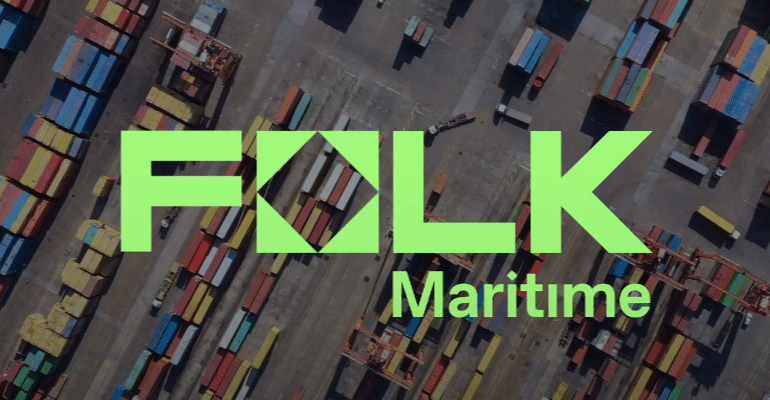FedEx and UPS both said they had stopped flying to Israel after Hamas rebels from Gaza launched a large attack on Israel over the weekend. FedEx first joined a series of airlines that drastically reduced international flights to Israel, followed closely by UPS in announcing the suspension of flights to Israel. Many freight companies struggled to keep air cargo flowing during the war, despite the perceived risks.
UPS said it was monitoring the situation closely and was suspending flights in and out of Israel. While services may be affected by war, it has contingency plans in place in Israel to get arriving cargo to its final destination as quickly as possible. Each operator and country has come up with its own plans to avoid losses. The United States, the European Union and the Israeli Civil Aviation Authority have stated that individual operators should exercise caution in this airspace and have not completely restricted flights in policy. It is also recommended that airlines carry more fuel in case of emergencies. Many routes have also been changed as a result. According to data, flights at Tel Aviv Airport are now delayed by an average of 42 to 60 minutes. Overall, Israel’s air cargo market is not large, with approximately 300,000 to 400,000 tons of cargo transported annually. In this way, the impact of changes in shipping on the Israeli freight market can also be controlled within a certain range.
FedEx said a few days ago that it had resumed flights in and out of Israel and would continue to deliver goods that have arrived in Israel when it is safe to do so. Lufthansa Cargo said its cargo flights to Tel Aviv have been canceled in recent days and the order not to accept new cargo will remain in place for a few more days. Lufthansa Cargo normally operates several flights per week between Frankfurt and Tel Aviv. Challenge Group, Israel’s only all-cargo operator, said it would continue to arrange flights to Tel Aviv. Challenge Group is key to supplying the entire country of Israel with needed goods and driving the economy. Because he has operating licenses in Israel, Belgium and other places and owns several cargo planes. If the conflict continues, cargo charter flights may replace passenger flights and flood Israel.
From the U.S. side, American Airlines, Delta Air Lines and United Airlines have all suspended direct flights to Israel. They said they were still waiting to see whether they would continue flying in the future, and most of them hoped that the situation would be safe before flying. In Europe, both Air France and Lufthansa have suspended direct flights to Tel Aviv until further notice. Many other airlines have also suspended operations on this route.
Shippers with goods in transit now need to exercise extra caution due to the ongoing uncertainty surrounding the conflict. Shippers should pay attention to international policies and conflicts in real time and make plans to deal with different situations. To prevent future uncertainty, the payment should also be recovered as soon as possible. People who ship to other countries should also pay more attention to various situations and try not to be affected by these emergencies.










